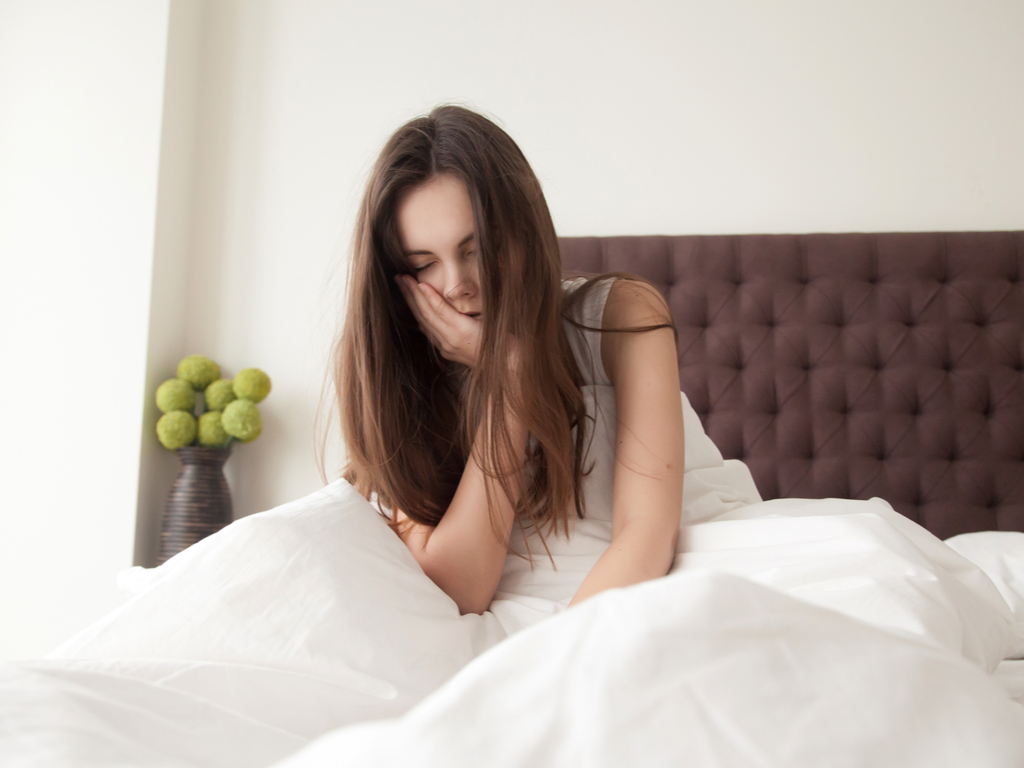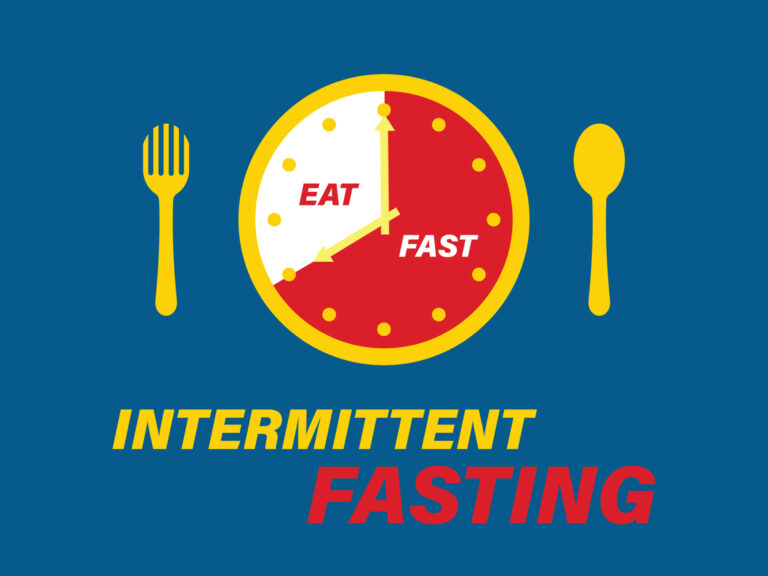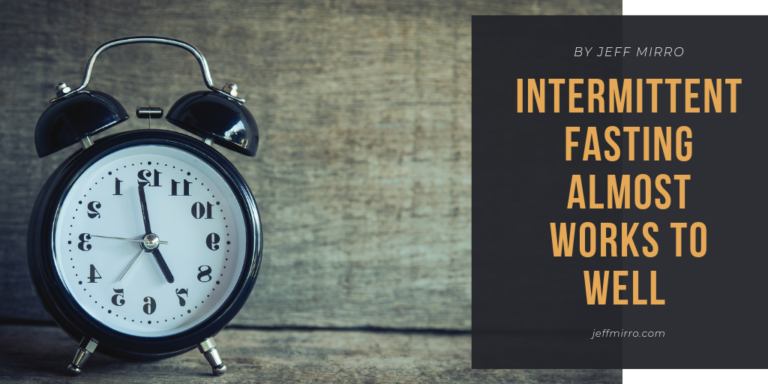Living a fasting-focused lifestyle, exercising daily and getting a little bit of sunlight for vitamin D are all essential for good health. However, there are two other important facets of your health: stress and sleep. Are you doing everything you can for your well-being?
If you feel like you’re living life in the fast lane, you’re not alone. Stress levels are increasing across the country with large numbers of adults reporting extreme amounts of stress. All that turmoil can hurt your physical and mental health and interfere with your personal and professional relationships. It can even affect the quality and extent of your sleep.
The Link between Stress and Sleep
About a third of Americans are sleeping as well as previous generations. Half of us are dealing with poor quality sleep. That disrupted sleep and insomnia is often related to stress. Poor quality sleep can then exacerbate your ability to manage stress. As stress levels increase, sleep quality decreases. It becomes a self-perpetuating cycle with no relief in sight.
Is there a way to stop the cycle?
Understanding Stress
Stress is a natural body response to perceived threats in our environment. When we experience a potential threat, our bodies respond with a jolt of hormones that prepare us to fight or flee. More blood pumps through our blood vessels, more energy is sent to our cells, and all non-essential processes are slowed. The “fight-or-flight” response is designed to save our lives in dangerous situations.
Chronic stress, on the other hand, can kill us. It keeps our bodies in an unhealthy state of high blood pressure, high blood sugar, and stressed-out nervous, digestive, and circulatory system. You can’t sleep. Your adrenaline levels are high, and you spend your nights tossing and turning. You can’t shut your brain off, your mind is racing, and you are overstimulated.
The problem just gets worse!
The answer might be simpler than you imagined.
Fasting, Stress, and Sleep: Rebalancing Your Body
You probably already know that intermittent fasting can improve your metabolic health and help you lose weight. According to research, it can also help improve the quality of your sleep. Eating at the wrong time or too close to bedtime can interfere with your sleep and circadian rhythms. The result is that you will wake to feel unrefreshed and stressed. Getting the right amount of daylight, and especially morning sunlight, can also help balance those circadian rhythms.
Adding a little more activity to your daily routine can also help you sleep better. Exercise can help you fall asleep faster and sleep more deeply. Experts recommend getting at least 30 minutes of aerobic activity about an hour or two before bedtime. You don’t have to run a marathon, though: Any activity that gets you moving can be good for your sleep. Some workouts, such as yoga and Tai Chi, can be especially beneficial for combating stress.
Finally, mind your diet. When you eat and don’t eat matters, but what you eat also matters. For stress and healthy sleep, make sure your intake of B vitamins is adequate. In particular, you need vitamin B6, which supports the production of melatonin and serotonin. These hormones are linked to healthy sleep. You also need vitamin B12, which is linked to regulating sleep-wake cycles.
Rhodiola can be an excellent addition to your routine as well. Rhodiola is a supplement designed to boost energy, but it can also combat symptoms of stress, such as anxiety, fatigue, and burnout.




